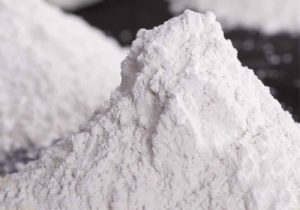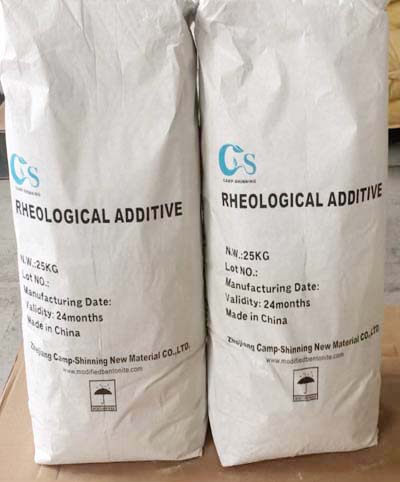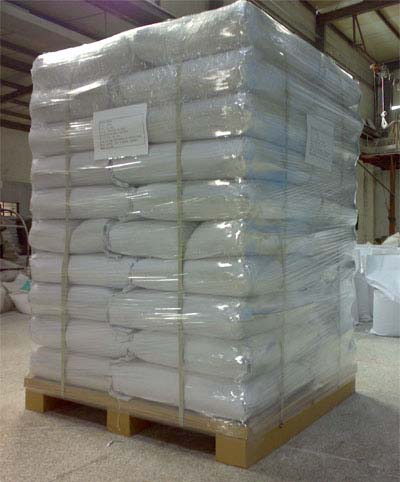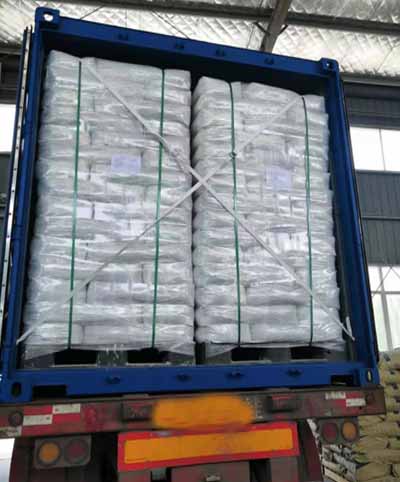
CP-992 Organophilic clay
CP-992 Organophilic Clay, the wet process improved viscosifier and gelling agent . It is a rapidly dispersing.
Inorganic rheology modifiers : Aqueous bentonite in inorganic rheology modifiers is a commonly used thickening rheology agent, mainly used in aqueous systems. Aqueous bentonite has high quality thixotropic, rheological, anti-settling and anti-sagging properties.

Organoclay Supplier / Manufacturer :
Internet address: https://www.rheologymodifiers.com/
Email address: [email protected]
Whatsapp / Wechat: +86-13185071071
Organophilic Clay Supplier / Manufacturer :

CP-992 Organophilic Clay, the wet process improved viscosifier and gelling agent . It is a rapidly dispersing.

CP-982 Organophilic Clay is an amine treated bentonite with a moderate temperature performance.

CP-150 Organophilic Clay is a self-activating organoclay that disperses easily and performs well in diesel, low aromatic mineral oil, modified vegetable oil, and synthetic base fluid formulations.

CP-10 organoclay is a rheological additive made of organoclay. It is used in non-polar to moderately polar aliphatic and other solvent systems

CP-MPZ organoclays is an modified bentonite that is used in solvent and resin systems ranging from non-polar to highly polar.

The CP-MPS rheology modifier is a type of organo clay rheological additive that is used in solvent and resin systems ranging from non-polar to high polarity.




CP-EW Organoclay for Water Based paint. It is primarily employed in water borne paint systems,such as latex paint. So it is a good water based additive in paints,coatings,grease etc.

CP-EWS Modified bentonite It is employed in a water-borne coatings system. CP-EWS organoclay outperforms CP-EW in terms of thixotropy, transparence, and dispersion.

CP-WBS Rheology Modifier is rheological modified bentonite. It is mostly employed in water-borne systems.
Organoclay | Organophilic Clay CP-2 also named amine treated Bentonite.
In diesel oil based fluids,organophilic clay viscosifier CP-2 are used to increase carrying capacity and suspension properties, providing support for weight materials and improved cutting removal. Organophilic bentonite also aids in filter-cake formation and filtration control.
Properties
Composition Organically modified bentonite clay
Physical appearance Off white to tan free-flowing powder
Moisture content (105℃,2hr) ≤4%
Particle size (<76μm or 200mesh) ≥95%
Specific Gravity 1.6-1.8
Advantages
Effective viscosifier and gellant
Aids control of fluid loss to the formation
Increases emulsion stability
Improves cuttings carrying and hole cleaning capacity
Suspends weighting materials and other solids
Confers temperature stability to the fluid
Application
Base oil:
Diesel Oils
Crude Oils
Mineral Oils
Synthetic Oil
Viscosifying drilling Fluids:
Oil based drilling fluids
Invert emulsion fluids
Workover fluids
Completion fluids
Casing packs
Packer fluids
Spotting fluids
Package
Organoclay | Organophilic Clay CP-2 is packed in 50lb(22.7kg) or 25kg/bag or customized,multi-wall paper sacks or Kraft paper bag with PE liner or customized.
Storage
CP-2 Store in a dry, well-ventilated area with temperature of 0℃-30℃. Keep container closed. The quality guarantee period is 24 months.
Notice
The information on use is based on data which are believed reliable, but any recommendation or suggestion made is without guarantee or warranty, since the conditions of use are outside our control. All products are sold on the conditions that purchasers shall make their own tests to determine the suitability of such products for their purpose and that all risks are assumed by user. We disclaim any responsibility for damages resulting from careless or improper handling or use. Nothing herein is to be taken as permission, inducement or recommendation to practice any patented invention without a license.
Internet address: https://www.rheologicaladditive.com/ and email address: [email protected]
Whatsapp / Wechat: +86-13185071071
inorganic rheology modifiers
inorganic rheology modifiers, also known as inorganic gel, is a purified and modified clay rock with montmorillonite as the main mineral component.
Used to change the viscosity of liquid and semi-solid products and flow characteristics of the additive, its composition is mainly inorganic substances it is usually presented as a white powder, non-toxic odorless, soft texture.
It has excellent swelling, colloidal dispersion, suspension, thickening and thixotropy. These properties make it an excellent anti-settling agent, emulsion stabilizer and rheological additives for aqueous systems.
Application areas: waterborne bentonite is widely used in various types of waterborne industrial coatings, waterborne bentonite as a rheology modifier, can improve the anti-sagging coatings, anti-settling and other characteristics. Used as inorganic rheology modifier.
Especially can be used in toothpaste, masks, detergents and other daily chemical products thickening thixotropic and adsorption decontamination, as well as latex coatings, water-based inks, ceramic glazes thickening and anti-settling and latex stabilization .
We have a variety of waterborne bentonite products, such as CP-EW, CP-WBS, CP-EWS, etc., each of which has specific properties and applications.
Different types of waterborne bentonite products have different technical parameters such as appearance, particle size, density, pH, apparent viscosity, etc.
These parameters play an important role in making inorganic rheology modifiers and waterborne bentonite in a number of industrial fields, they improve the viscosity and flow characteristics of the product, enhance product stability and coating performance.
Usage: When using aqueous bentonite, the pre-gel method or the direct dry powder addition dispersion method is usually used. The pre-gel method involves pre-dispersing aqueous bentonite in water under specific conditions and then adding it to the desired system .
This information demonstrates the value and importance of aqueous bentonite as a versatile inorganic rheology modifier in various applications.
In conclusion, aqueous bentonite plays an important role in several aqueous industrial fields due to its many advantages such as environmental friendliness, ease of dispersion, thickening, thixotropy, suspension, lubrication and chemical stability.